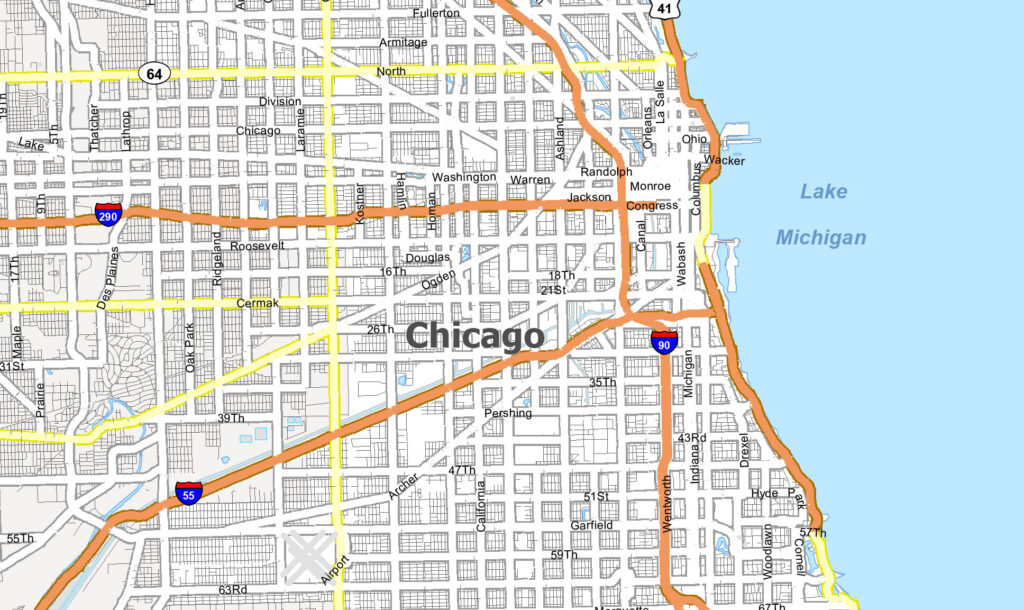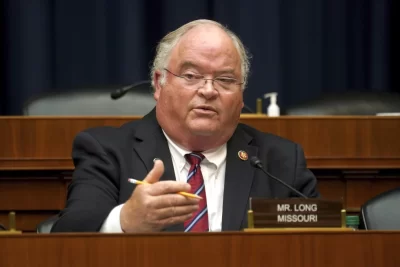
Officials in a suburban Chicago community on Monday dropped municipal citations against a local news reporter for what they said were persistent contacts with city officials seeking comment on treacherous fall flooding.
The reversal occurred days after officials in Calumet City mailed several citations to Hank Sanders, a Daily Southtown reporter whose job includes covering the suburb, the Chicago Tribune reported Monday. The Southtown is owned by the Tribune’s parent company,
The tickets from the city of 35,000, located 24 miles (39 kilometers) south of Chicago, had alleged “interference/hampering of city employees” by Sanders.
The Southtown published a story online Oct. 19 and in print Oct. 20 in which Sanders reported that consultants had informed Calumet City officials that their stormwater facilities were in poor condition before September’s historic rains caused flooding.
A day after the story was published online, Sanders continued to report on the issue, drawing complaints from city officials, including Mayor Thaddeus Jones, that he was calling employees to seek comment.
Tribune Executive Editor Mitch Pugh said the newspaper is “glad that cooler heads prevailed and Calumet City officials understood the error of their ways and dismissed these charges.”
“We’re glad to see Hank can get back to doing his job serving the readers of the Daily Southtown, and we’ll continue to be vigilant watching how city officials treat him in his capacity of reporter,” Pugh said. “We’ll continue to support our journalists’ right to do their jobs, whether in Calumet City or elsewhere.”
In his letter, Walsh said city employees “have a right to refuse to speak with” Sanders. But, Walsh added: “I understand it would be Mr. Sanders’ position and your argument that he was not harassing anyone.”
The letter from Walsh encourages Sanders to direct his inquiries to the suburb’s spokesperson and concludes: “Mr. Sanders is a nice young reporter and I wish him well with his career.”
On Monday, Sanders was back at work reporting.
The city citations were the latest of several recent First Amendment dust-ups involving city officials and news outlets around the country, following last week’s arrest of a small-town Alabama newspaper publisher and reporter after reporting on a grand jury investigation of a school district, and the August police raid of a newspaper and its publisher’s home in Kansas tied to an apparent dispute a restaurant owner had with the paper.







